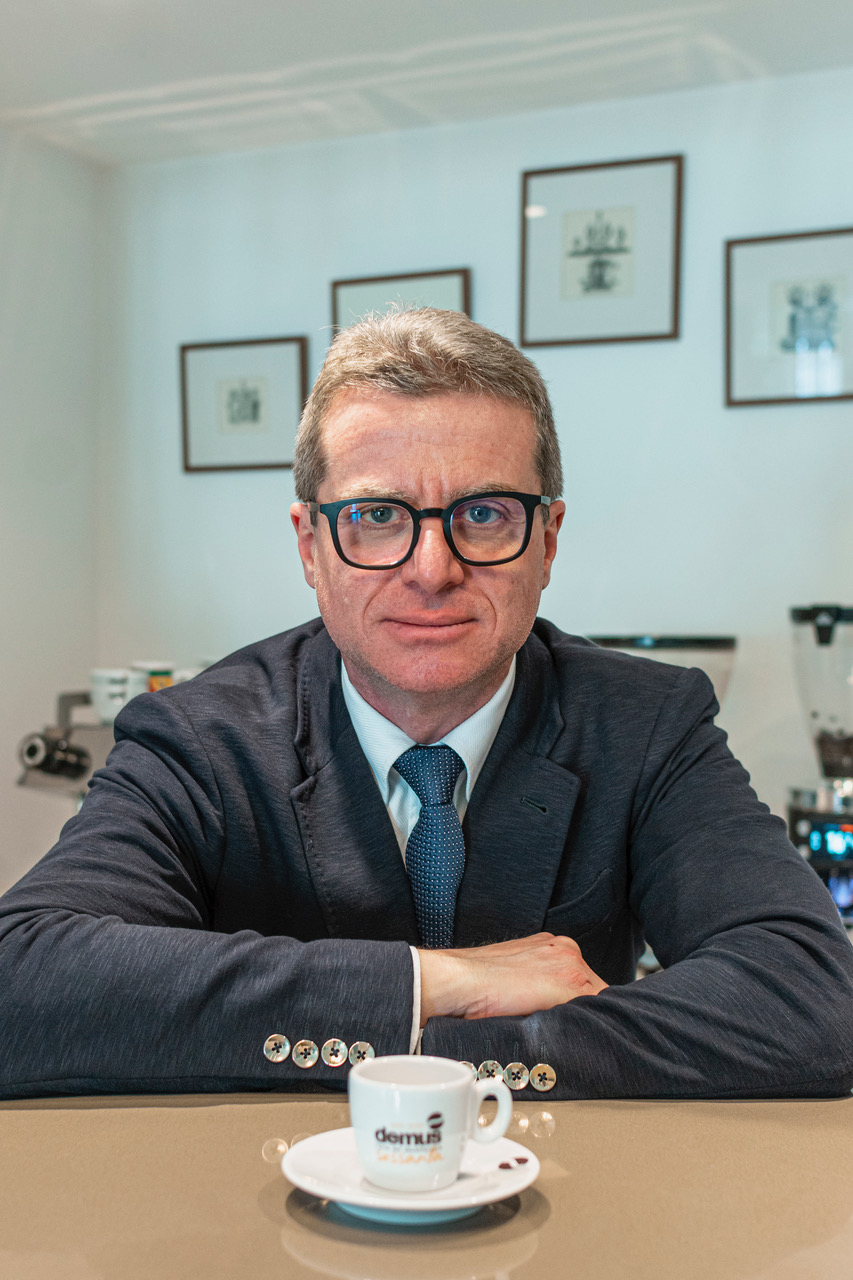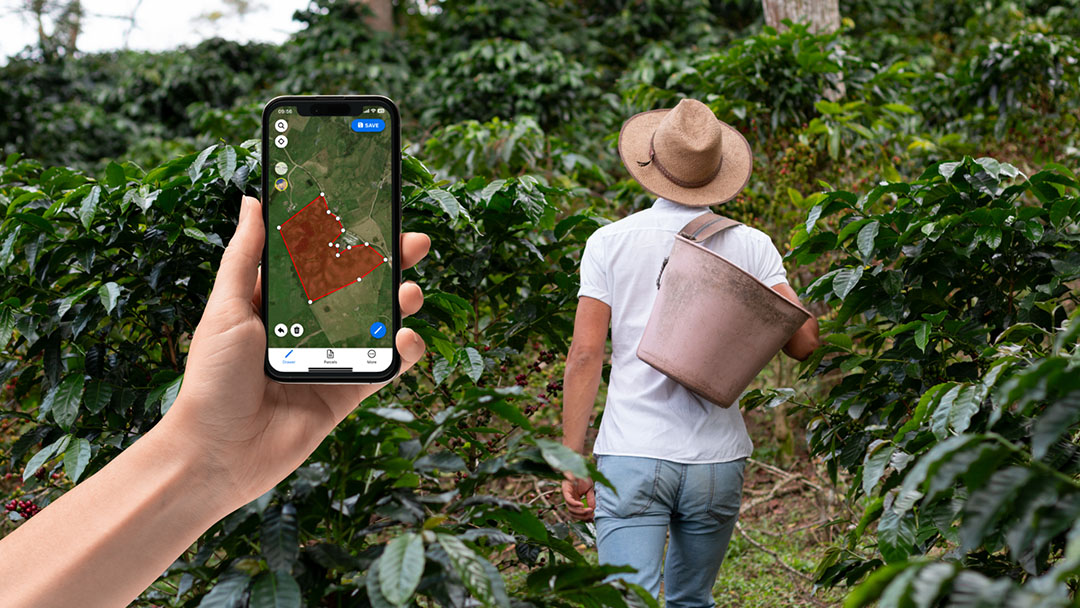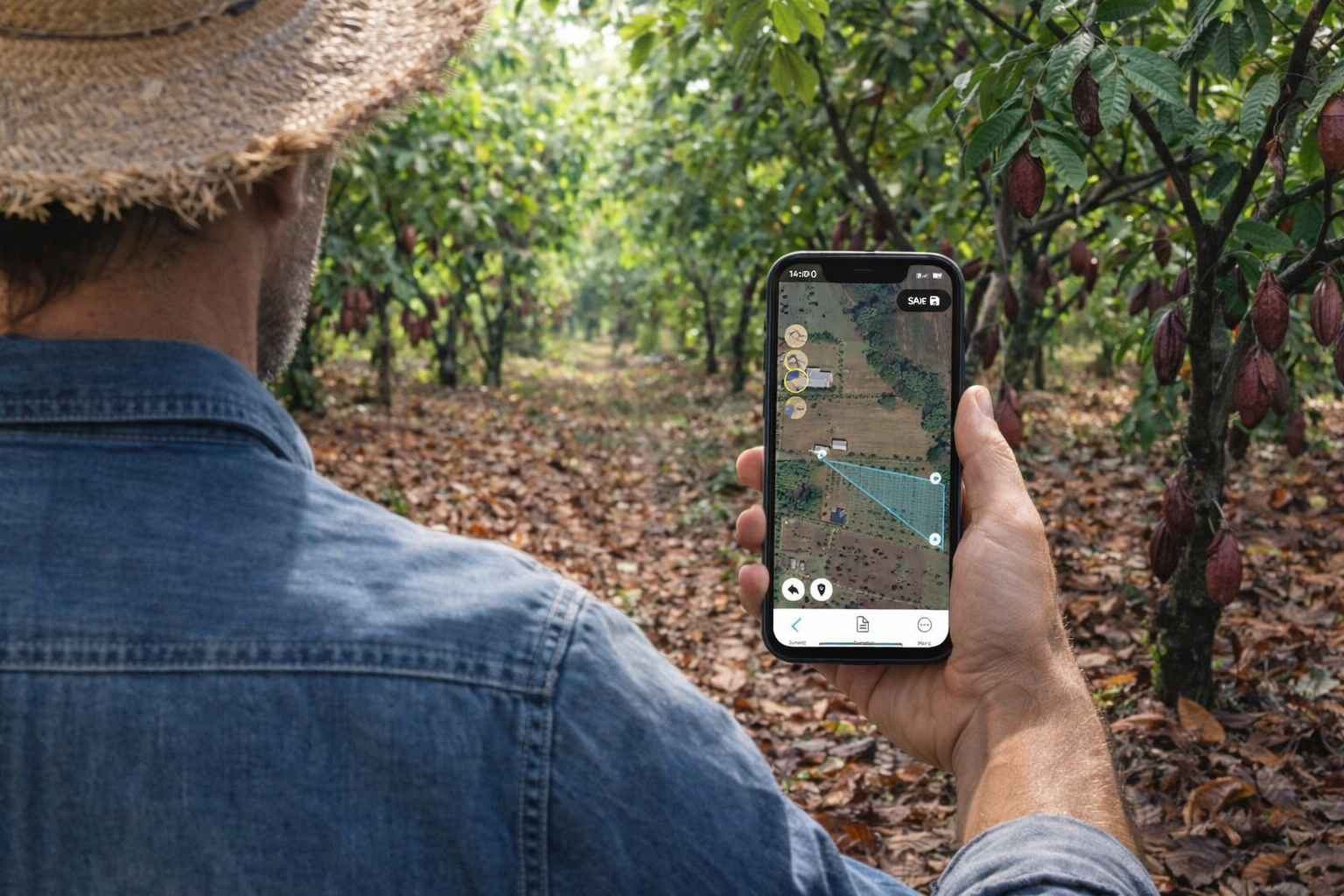Collective awareness around the origin and quality of coffee is steadily growing, driven by consumers who are increasingly informed and demanding. At the same time, regulatory and market pressures call for a stricter management of supply chains.
What lies ahead for the future of coffee? The perspectives of Alessandro Chelli, CEO of Trusty, and Massimiliano Fabian, President of the European Coffee Federation.
The coffee sector is undergoing a profound transformation. On one side, there is rising awareness about the origin and quality of products, fueled by consumers who expect more transparency and responsibility. On the other, regulatory and market demands are pushing for stricter supply chain management, which requires effective, digital, and transparent tools.
On International Coffee Day, celebrated every year on October 1, Trusty – an Italian Benefit Corporation that leverages blockchain technology to ensure traceability in agri-food and industrial supply chains – reaffirms its commitment to supporting roasters, producers, and brands in the crucial challenge of sustainability and digital traceability, with particular reference to the EU’s deforestation regulation (EUDR).
A challenge between regulatory complexity and market volatility

The recent EU proposal to delay the entry into force of the deforestation regulation – initially set for December 30, 2025, for medium and large companies and June 30, 2026, for SMEs – could represent an opportunity. This postponement provides companies with more time to adapt to the complex due diligence and traceability requirements set out by the regulation, which covers not only coffee but also beef, cocoa, palm oil, rubber, soy, timber, and derived products.
“This regulation is a major challenge for the entire sector,” explains Alessandro Chelli, CEO of Trusty. “Companies are expected to precisely manage supply chain data, from collection in producing countries to the European market, using digital platforms directly linked to official EU portals. Doing this properly not only helps avoid penalties but also strengthens a company’s competitive position in an increasingly unstable and costly market. With a long-term vision, businesses that start sharing verified supply chain data with consumers now can gain a genuine competitive edge.”

Market volatility and rising costs are among the biggest challenges for roasters. “The instability of green coffee supply, the lack of reserve stocks in consumer countries, climate conditions, and the uncertainty of the dollar have created a market that is both dynamic and complex,” says Massimiliano Fabian, President of the European Coffee Federation and CEO of Demus S.p.A., a Benefit Corporation in Trieste specializing in decaffeination and dewaxing of green coffee and in the production of natural raw caffeine since 1962. “Low reserves in consumer countries, speculation, and climate change make the coffee market extremely volatile and hard to manage. Combined with growing consumer demands for sustainability and health aspects, this situation calls for deeper integration across the system. The main challenge for companies today is to embed coffee within a global context, increasingly combining sustainability, quality, and reliability throughout the supply chain.”
Digital traceability as a competitive advantage
In this landscape, transparency and traceability are shifting from being mere regulatory requirements to becoming true growth drivers and differentiating factors. “Digital traceability systems allow companies to collect concrete, geo-localized production data,” continues Chelli. “These insights are not only useful for proving compliance, but also strengthen supplier relationships, build trust, and add value for consumers through clear communication on traceability and transparency. If we look at non-EU markets, where such requirements don’t exist, being able to demonstrate sustainability and traceability becomes a key differentiator. Brands that can highlight this will not only meet consumer expectations but also stand out from competitors, enhance their reputation, and secure a stronger position in global markets.”
The future of coffee shaped by collaboration and conscious consumption
“The future of coffee,” says Fabian, “will be successful if the sector can integrate ethical, innovative, and commercial needs by fostering collaboration among producers, industry players, NGOs, and institutions. The more ethical and collective the integration, the stronger and more resilient the sector will be. At the same time, growing attention to coffee culture – with the rise of specialty products and new consumption trends like cold brew – reflects an evolving market and a consumer who is increasingly attentive to product quality.”
This is a decisive moment for roasters and emerging brands, who can turn compliance into an opportunity for value creation, telling a transparent and sustainable story that strengthens reputation and builds a direct bond with consumers.
Want to implement 🖐 Trusty in your company? Contact us here.







